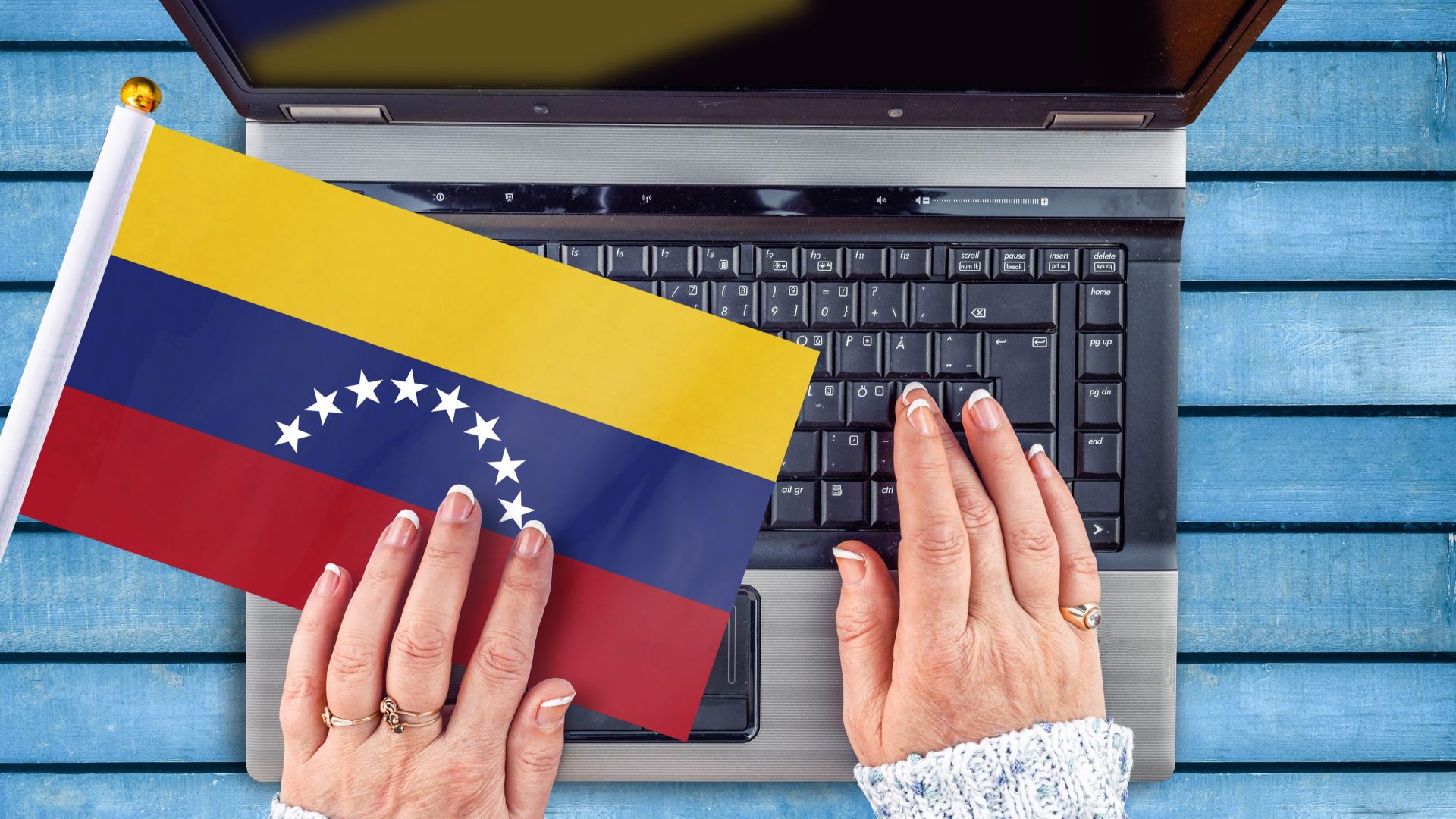
While people in Venezuela are getting ready to head to the polls on Sunday, July 28, 2024, access to the best VPN services appears to be at risk.
Some Proton VPN users, one of the most popular VPNs in the country according to the provider, have already experienced difficulties using its VPN apps, in fact – see the tweet below.
As the company explained, this could indicate local internet service providers (ISPs) have started blocking virtual private networks.
We received reports from people in #Venezuela who cannot access our apps -- it seems local ISPs may be blocking VPNs. Please check and share the thread below for tips on how to circumvent the block and use #ProtonVPN: https://t.co/jR42s28qfp#EleccionesVE1 / 2July 22, 2024
This is especially significant considering that, in a country like Venezuela where internet freedom "remains precarious," as experts at Freedom House noted, VPNs are an essential tool for bypassing geo-restrictions and accessing information on such an important day.
A VPN, short for virtual private network, is security software that encrypts internet connections to boost online privacy while spoofing your real IP address. The latter function is exactly why people use these services to reliably access news outlets, social media platforms, and other services when they get hit with restrictions.
This is also the reason why Proton launched a free VPN network of dedicated anti-censorship servers in Venezuela a week before and after the presidential elections as part of its election support initiative.
As David Peterson, General Manager at Proton VPN, confirmed, the move led to a spike of 3000% compared to its already high baseline levels. "However the Venezuelan authorities are seeking to clamp down on VPN use," he added.
Issues using your VPN app? Here are some tips:
Whether or not Venezuelan authorities will throttle VPN access next Sunday is hard to say. What's crucial, however, is learning how to navigate any potential blocks beforehand.
This is why Proton VPN shared some tips on how to keep downloading and using its VPN apps despite restrictions. You can apply some of these tricks to access other VPN services, too.
If you have issues downloading the VPN app from the website, the team suggests searching for the applications directly in the AppStore or Google Play Store when using a mobile device. On desktop, you can download the VPN via the GitHub platform by clicking the "Code" button.
Using the Tor Browser when registering for and logging into the VPN app can help evade restrictions. It's worth noting that Tor reroutes your connection through at least three encryption layers, however, so it may slow down your connection.
If you're using Proton VPN, you should use the Stealth protocol, too, as it's designed to evade government-imposed censorship. For the same reason, the team suggests turning on the "Alternative routing" option you'll find in the Settings tab.
As you might be searching for third-party sources to download VPN apps, be mindful of fake VPN applications. I suggest looking out for spelling mistakes as well as checking files and URLs on websites like this one before clicking on them.
"Venezuelan ISPs also seem to be trying to block the Proton VPN website," Peterson told me. "So, we advise citizens to have a VPN downloaded in advance, should internet censorship get even tighter in the country."







